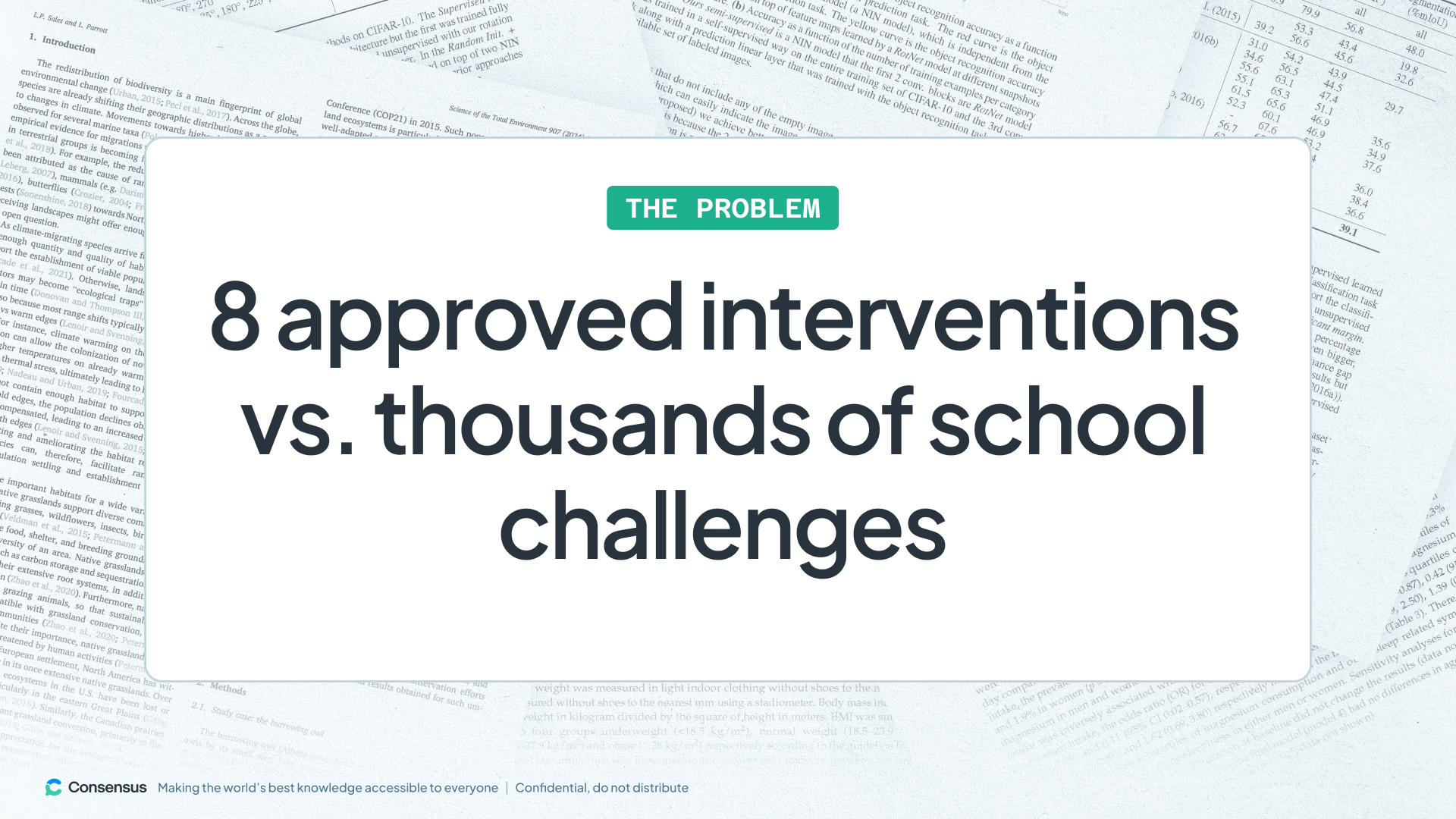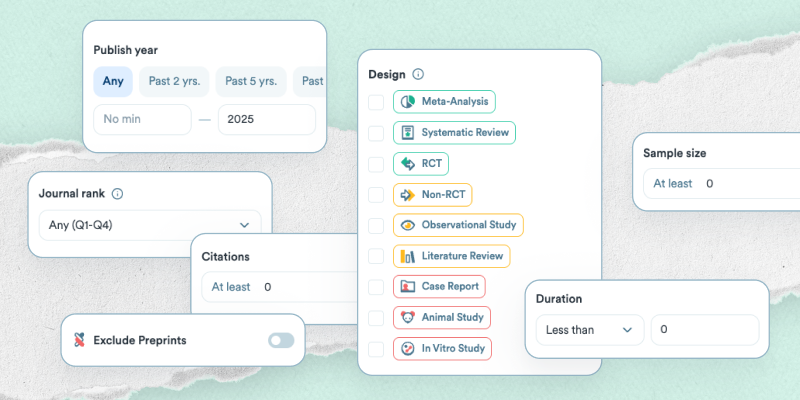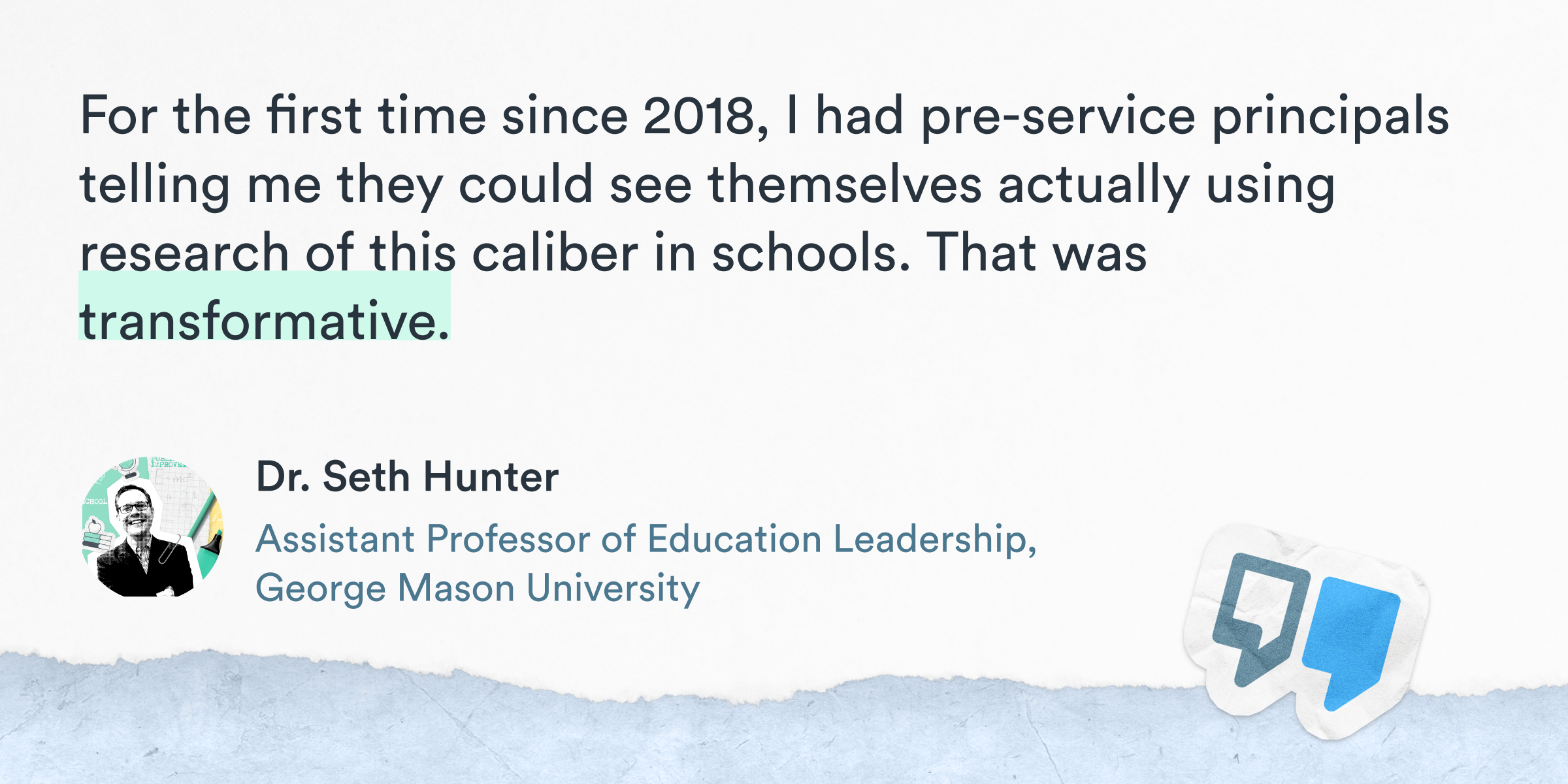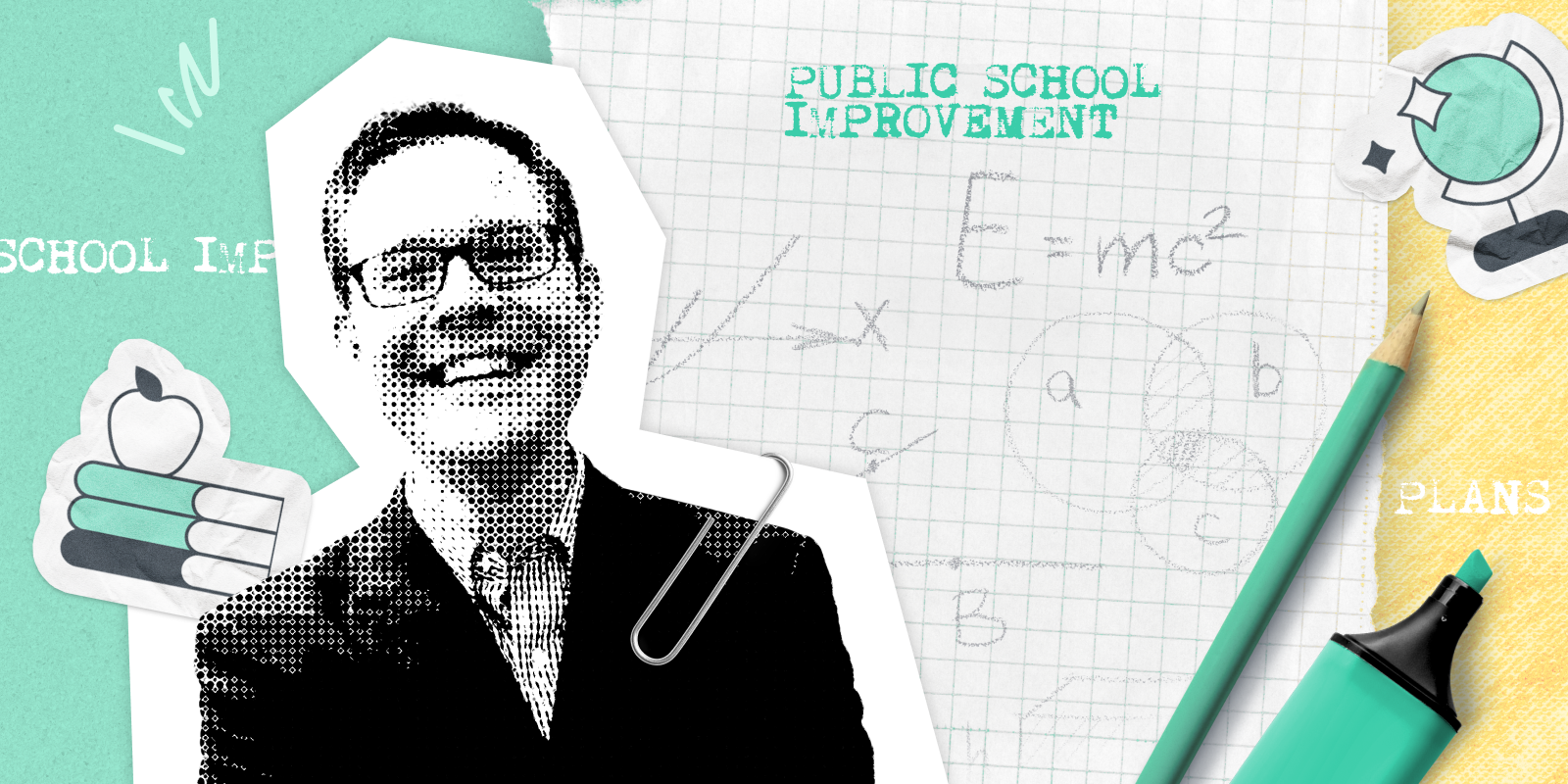Meet Dr. Seth Hunter
Dr. Seth Hunter is an Assistant Professor of Education Leadership at George Mason University and a Senior Fellow at EdPolicyForward, the Center for Education Policy. His research focuses on bridging the long‑standing gap between rigorous education studies and the day‑to‑day decisions made by school leaders. He has seen firsthand how much high‑quality research exists—and how rarely it reaches the principals, district staff, and policymakers who need it most.
“There’s so much good research available in education. But decisions are still being made without it. That leads to suboptimal outcomes for kids. My goal is to change that.” — Dr. Seth Hunter
A Federal Mandate Without the Training to Meet It
Since the early 2000s, federal rules have required underperforming public schools to produce school improvement plans that identify a problem and solve it using evidence-based interventions supported by rigorous studies like randomized controlled trials or quasi-experiments.
The challenge is that most principals and district staff are not trained to search for, read, or evaluate that kind of research. “The terminology feels like a foreign language,” Hunter noted. And even if they do locate the right paper, determining whether it truly supports causal inference requires specialized expertise.
The Scale of the Gap
The scale of the problem is staggering: federal repositories contain only eight approved interventions to address the thousands of different challenges schools face.

The result is that school improvement plans often fall back on generic, mismatched interventions—turning the process into compliance paperwork rather than meaningful change.
Consider student attendance, a challenge that has worsened since the pandemic. A school might identify declining attendance as their problem and search for solutions. But without understanding root causes, they might implement messaging interventions, like sending automated texts to parents reminding them to get their kids to school, when the real issue is bullying that requires counseling support. The intervention fails—but the compliance boxes still get checked.
Math performance presents similar challenges. Scores may be declining overall, or only within specific subgroups such as Black and Brown students. In some cases, the core issue is not math instruction broadly but gaps in math vocabulary. Even when research exists, it may come from schools with experienced teachers and more resources, making it less relevant to schools facing high teacher turnover or limited capacity. Without tools to connect the right evidence to the right context, leaders risk applying generic fixes that don’t address the real problem.
Testing Consensus as a Bridge
This pattern—mandating evidence-based solutions while leaving educators without the tools to find or evaluate evidence—creates exactly the kind of systemic dysfunction Hunter is working to change. He wondered if AI could break this cycle.
To find out, Hunter designed a pilot study with 40 aspiring principals in Mason’s Education Leadership MEd program, randomly assigning half to use an AI-enabled workflow built around Consensus, while the control group relied on traditional methods like Google Scholar and federal repositories. Hunter chose Consensus because it addressed two critical problems: its filters help surface rigorous studies that meet federal requirements, and its clear summaries make intimidating academic articles accessible to busy school leaders.

Transformative Results
The results were striking. Students using the Consensus-based workflow said it was significantly easier to find and understand rigorous research—and, more importantly, they could imagine themselves actually using it in practice. For Hunter, this was a breakthrough.

These findings suggest that AI-enabled tools like Consensus could meaningfully shrink the gap between technical academic research and K-12 research use. Hunter envisions the potential extending far beyond compliance: math coaches could have rigorous research “in their back pocket” to help teachers improve vocabulary instruction for specific student populations, or principals could quickly find evidence-based strategies for emerging challenges.
Scaling to Schools
Hunter is careful to note the study’s limitations—it was a classroom pilot based on self-reports, not causal evidence of impact on actual plan quality or student outcomes. Still, the early signals are promising. His team is now partnering with the Virginia Department of Education to test the workflow with practicing principals and district leaders. They plan to use large language models to systematically analyze school improvement plans statewide, comparing the quality and relevance of interventions chosen by districts using the AI workflow versus those using traditional methods—providing the first rigorous assessment of whether AI tools can actually improve educational decision-making at scale.
Hunter’s work represents just the beginning of what’s possible when AI helps translate rigorous research into practical solutions. As more educators gain access to these tools, we may finally see evidence-based decision making become the norm rather than the exception in schools. The question isn’t whether AI can help—it’s how quickly we can scale these approaches to reach the students who need them most.
If you’re using Consensus in education or other fields where research translation matters, we want to learn from your experience. Contact us at leila@consensus.app to share how AI-powered research tools are changing the way you work.
